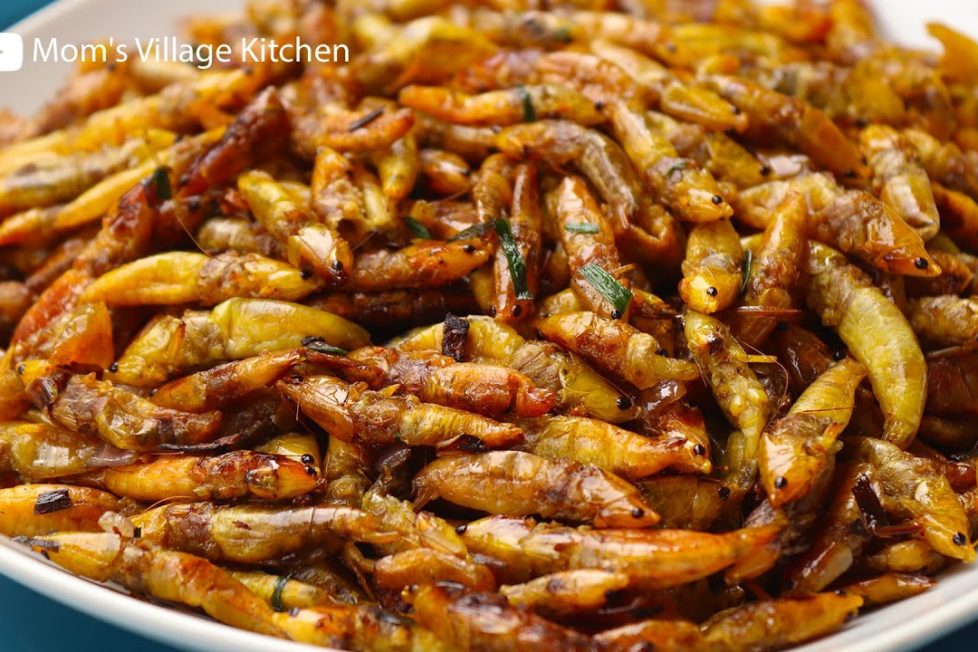Anxiety Hits Kampala Streets As There Is No Sight of Grasshoppers

It’s November, the official grasshopper (Nsenene) season. This is when Ugandans go into a feeding frenzy. The famous delicacy is enjoyed by many countries.
There are two grasshopper (nsenene) seasons in Uganda (November to December and April to June).
During these two seasons, families sit in big circles, de-winging heaps of grasshoppers. There’s no house chore as interesting as this for the kids.
This activity enables families to bond; mothers are seen teaching kids the local names of the different types of grasshoppers. This is an interesting activity that ends with feasting.
By now, we should be hearing the bicycle men on the road calling “nsenene nsenene nsenene”, or the market women saying “ekikopo kya tano,” but things seem to be taking a turn.
Ugandans are worried and ranting about the scarcity of the famous November delicacy.
Social media (X) is on fire because of this.
“Honestly, who is responsible for this grasshopper dry spell? 7 into November, and nothing. We used to start enjoying them in October. Me as me, I can’t take this kuyoya anymore. I’m heading to Fortportal to look for them.” @BiryomumaishoB
“Buh, where are the grasshoppers? Did they remain in Masaka?” @ShezSonialynn
“What if the government sold our grasshoppers to the Chinese? Nga, I haven’t seen any grasshoppers.”@ainodav
“Guys, are you having grasshoppers on that side? Because I don’t see any here.” @SuccessorSunny
“Are you people sure we’re going to eat grasshoppers this year?” @Kissy2562
“But where are the grasshoppers? Gov’t egya kunfunamu obuzibu.” @crowdcontro
“No, but seriously, where are the grasshoppers? Can someone call them and tell them that they’re late?” @_lisacharity
Due to scarcity, traders have hiked prices. A cup of raw grasshoppers that normally goes for UGX 5000 is now UGX 25,000.
Some people have run out of patience and are already cashing out just to have a taste of the mouth-watering snack.
Back then, people would be enjoying the tasty snack as early as October; we are more than a week into November, but there’s scarcity.
Masaka people need to keep us posted on the progress; hopefully this month won’t go by without people having a taste of this scrumptious seasonal delicacy.
